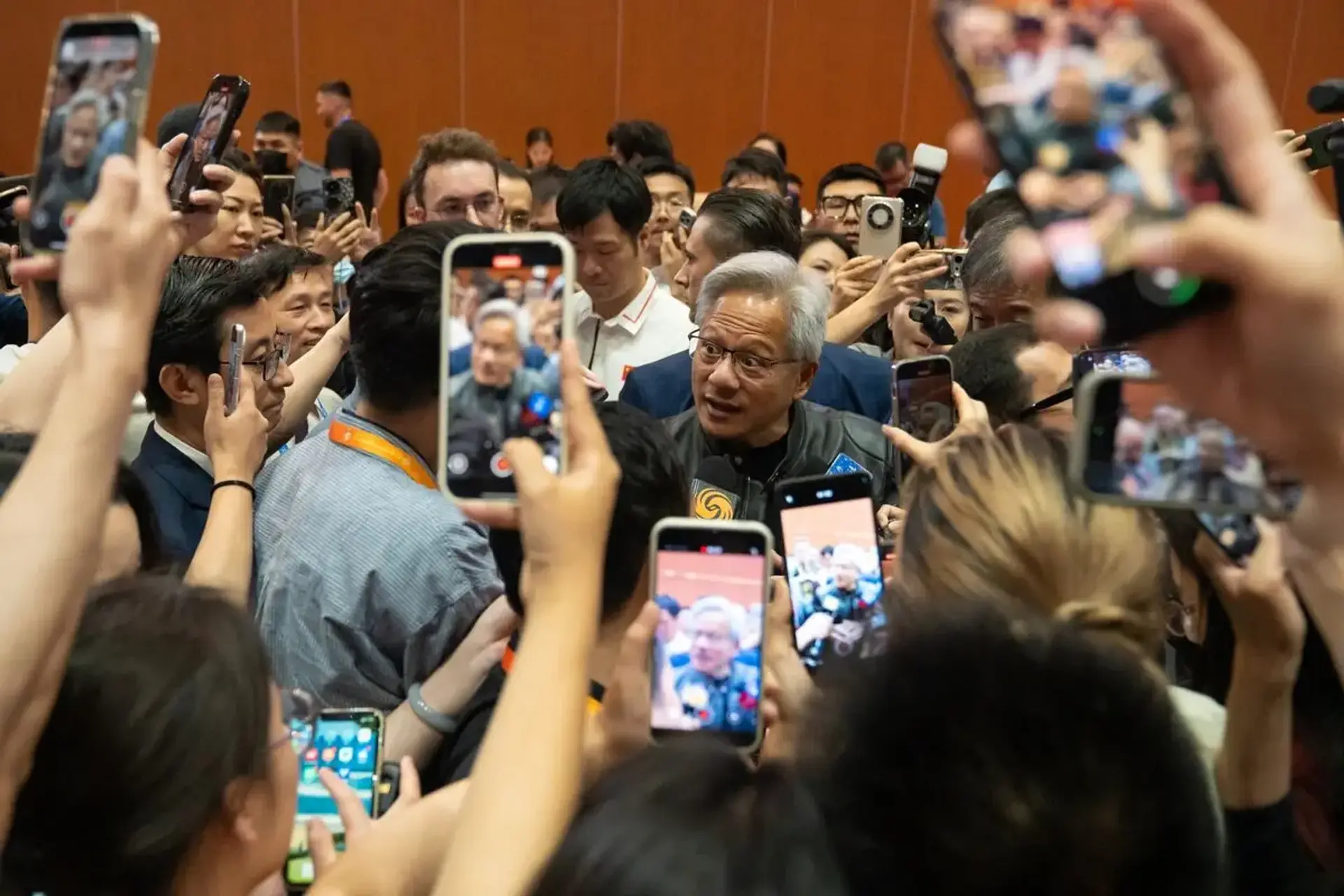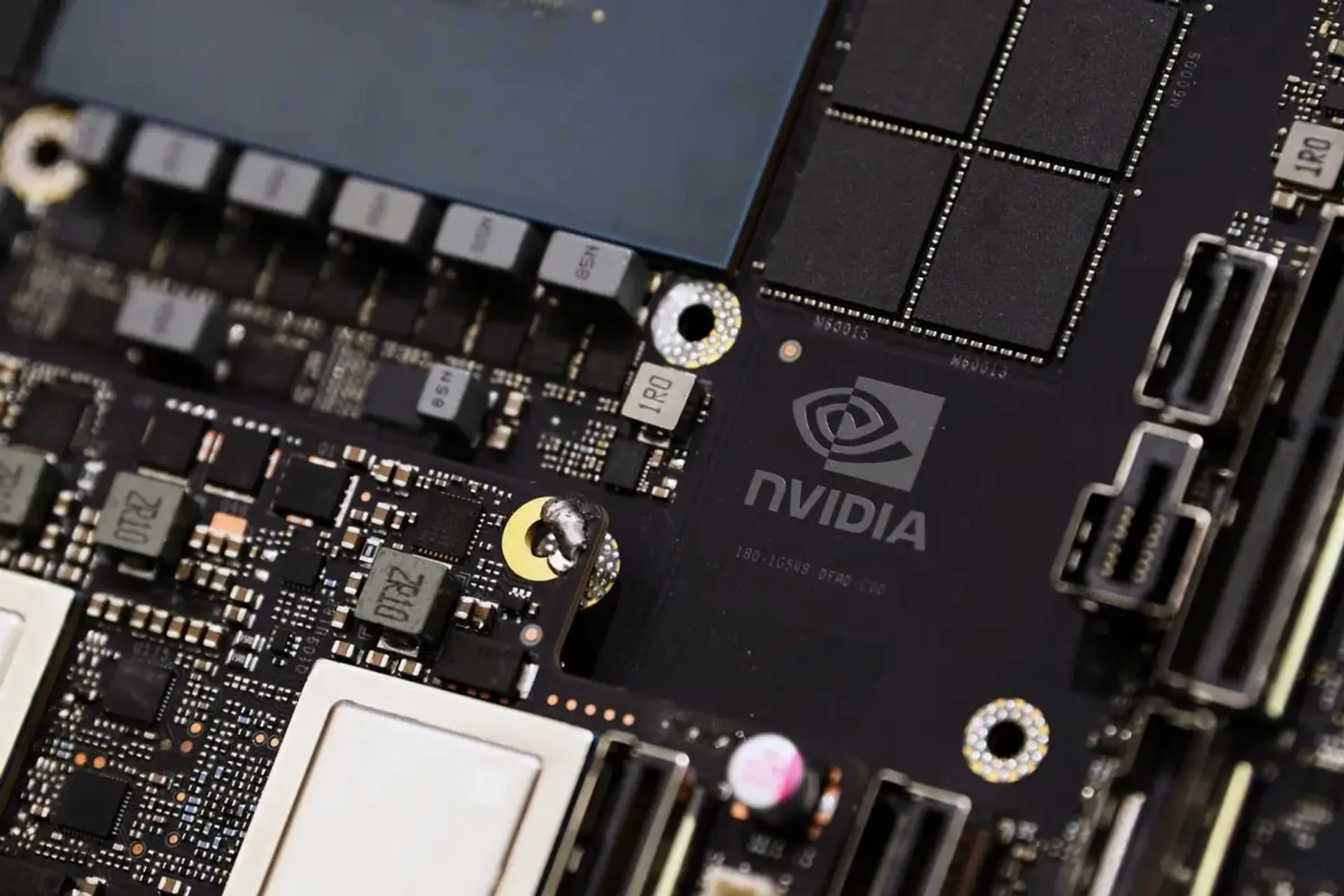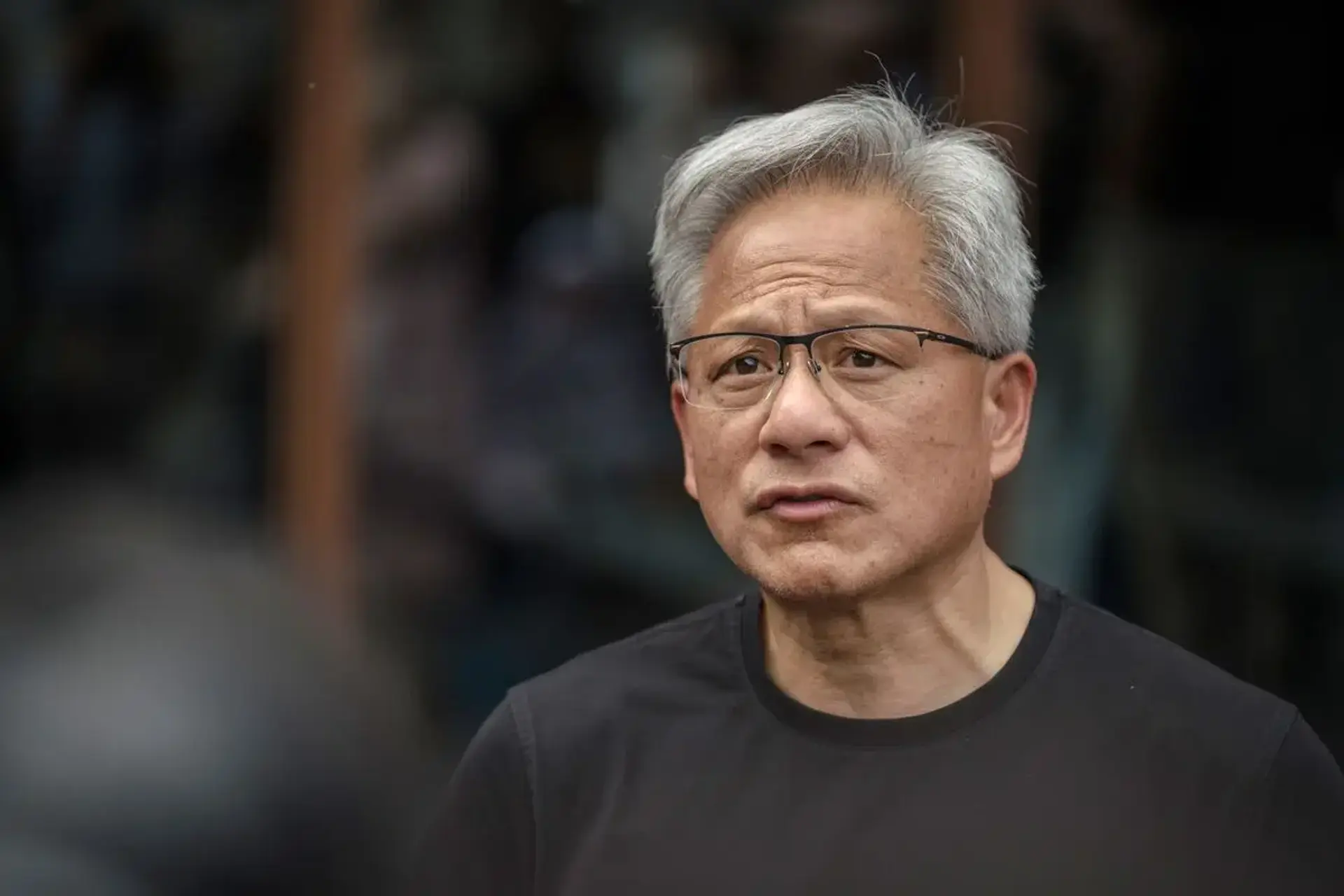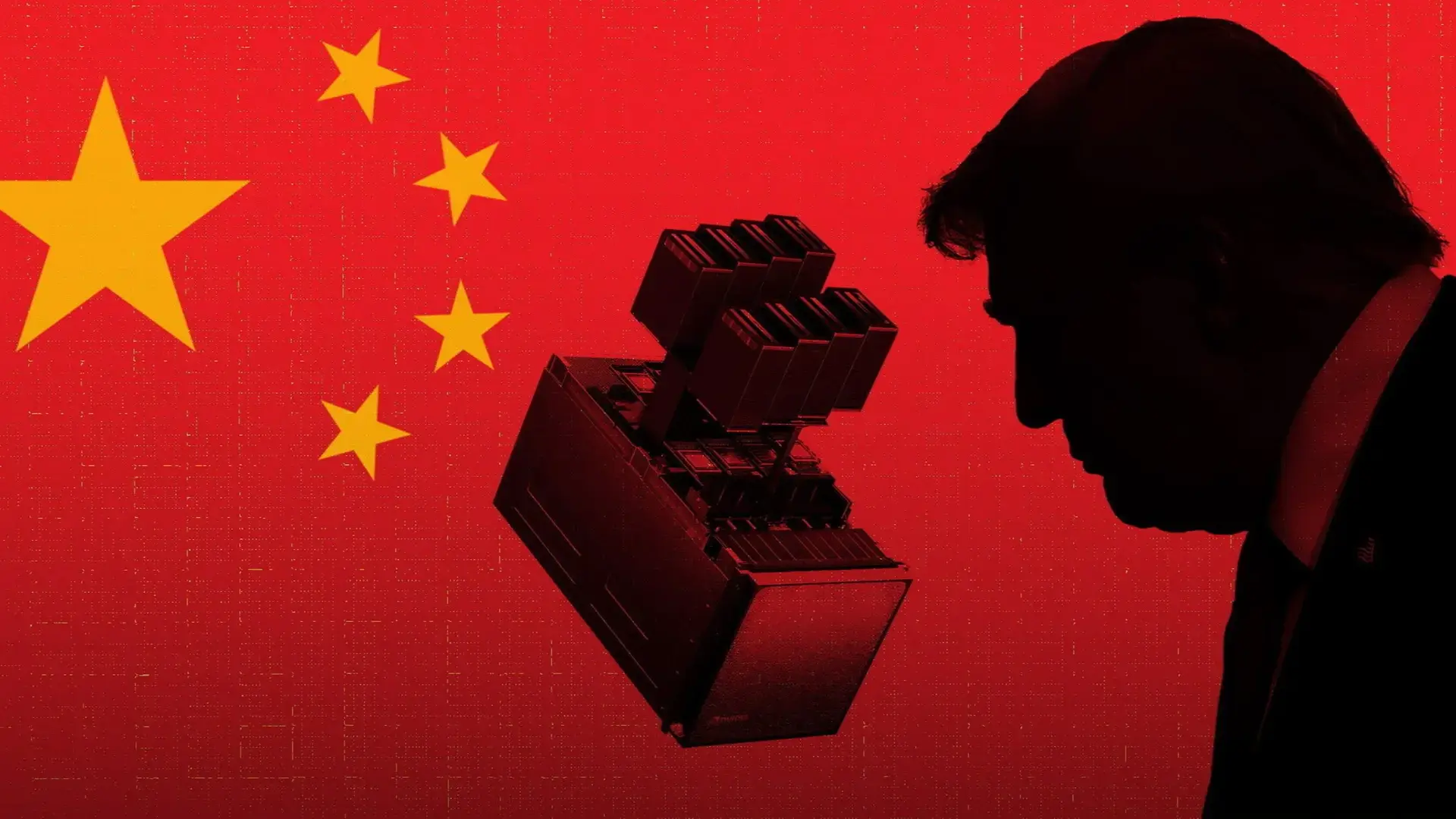The US government views Nvidia's advanced chips as critical in its strategy to counter China's growing technological influence, specifically aiming to impede Beijing and Huawei's 'Digital Belt and Road' initiative. This initiative is seen as a potential challenge to US dominance in global technology standards. The US administration has allowed Nvidia and AMD to sell advanced AI chips to China in exchange for a 15% revenue share. Officials suggest that keeping Chinese developers reliant on American tech is in the US's interest.
This approach marks a shift in export controls, now functioning more as transactional trade tools. The agreement involves Nvidia's H20 and AMD's MI308 chips. The revenue generated from these semiconductor sales could be used to reduce US debt. Nvidia has addressed concerns raised by Chinese regulators, asserting that its chips do not pose security risks.
The long-term implications of this strategy on US-China tech relations remain to be seen. Some experts suggest maximizing global influence and market share will strengthen America's AI leadership, while others warn that it could erode America's innovation advantage.




